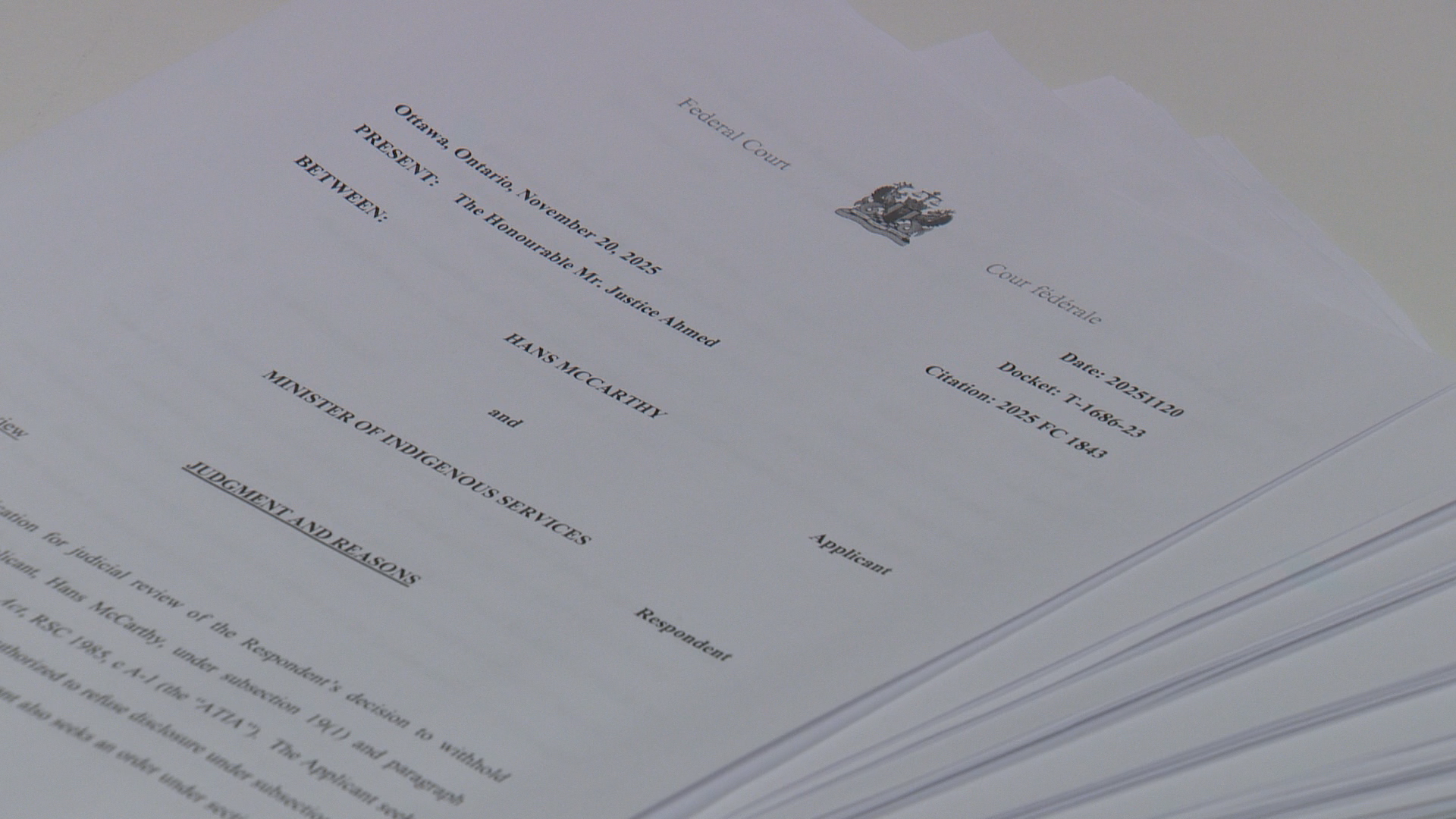- Voices
- The Independent View
Editorial: The chancellor’s second Budget has been overshadowed by bleak forecasts, but while the OBR’s downgrade exposes the fragility of Labour’s economic promises and the limits of government spin, she must still deliver
Monday 24 November 2025 18:13 GMTComments
 CloseLabour minister apologises for speculation around budget
CloseLabour minister apologises for speculation around budget
The best of Voices delivered to your inbox every week - from controversial columns to expert analysis
Sign up for our free weekly Voices newsletter for expert opinion and columns
Sign up to our free weekly Voices newsletter
 Email*SIGN UP
Email*SIGN UPI would like to be emailed about offers, events and updates from The Independent. Read our Privacy notice
The director general of the Confederation of British Industry, Rain Newton-Smith, spoke for the nation when she used her speech at the CBI annual conference to tell the government: “If you really believe in economic growth, prove it.” Very shortly, Rachel Reeves will have the opportunity, in her second Budget, to do just that. Hopes, however, are not high.
In what can only be seen as a classic spin operation, somebody has leaked the broad trajectory of the as-yet-unpublished growth forecasts prepared by the independent Office for Budget Responsibility (OBR). These are sent to the Treasury and mapped out in the light of Ms Reeves’s measures. They were due to be revealed with the Budget on Wednesday, and now overshadow it. Hence, getting the bad news out early – massaging expectations.
So, modest as prospects are for the next few years, they are now worse. The OBR has downgraded them compared to their last forecasts in the spring. Growth in the UK economy, therefore, will be lower than hoped for from 2026 to the scheduled end of the parliament in 2029.
 Chancellor Rachel Reeves is to deliver her second Budget on Wednesday (PA)
Chancellor Rachel Reeves is to deliver her second Budget on Wednesday (PA)In fact, this unspecified series of scaled-back growth projections may not be as dramatic as people fear – maybe as low as 0.1 per cent in some years, say; but the existing forecast only ever pointed to growth peaking next year at 1.9 per cent. On the other hand, given the headwinds in the global economy and miserable prospects for productivity growth, the outcomes could be meagre indeed.
Along with whatever other manifesto promises are due to be breached, it feels unlikely that Labour will, as it bragged in its “Change” manifesto only last year, “kickstart” the economy in order to “secure the highest sustained growth in the G7 – with good jobs and productivity growth in every part of the country, making everyone, not just a few, better off”.
How distant such sentiments now feel – and what a rash pledge that was, given that no British government can control what goes on in the six other advanced economies (and not entirely in its own backyard either).
The business secretary, Peter Kyle, warns instead of a “growth crisis”. Ms Reeves is to be forgiven for complaining about her inheritance, although the public may be growing tired of what can sound like excuses.
The Conservatives presided over three economic experiments – austerity, Brexit and the Truss mini-Budget – which tended to depress longer-term investment, productivity and growth prospects, as the OBR has confirmed. Indeed, the reported dose of pessimism the fiscal watchdog has administered to the productivity numbers – the product of years of underinvestment – is one of the major factors in the lower growth forecasts.
But, as the OBR is also likely to point out, Ms Reeves’s own decisions have sometimes needlessly damaged business confidence and employment prospects. This was certainly true with the sudden hike in employers’ national insurance contributions last year. This was followed up with a series of U-turns, the spectacular failure to reform social security, and the most chaotic pre-Budget period – including a rumoured coup against the prime minister – anyone can recall.
Confidence is a fragile flower, and it has been badly affected by world conditions entirely outside the chancellor’s control, such as the Trump tariffs; but it has also suffered from Ms Reeves’s own missteps, inconsistencies and serious presentational failings.
Another hubristic passage in the Labour manifesto reads: “Sustained economic growth is the only route to improving the prosperity of our country and the living standards of working people. That is why it is Labour’s first mission for government. It means being pro-business and pro-worker. We are the party of wealth creation.”
Again, the government has not fully lived up to those words. While there has been progress in unblocking the planning system, green energy and some infrastructure projects, the Employment Rights Bill – still wrangling its way through parliament – has been criticised for having a chilling effect on employers’ desire to hire new people. Similarly, the substantial increases in the minimum wage have moved it much closer to the median and have increased costs.
Mr Kyle brought some ideas to the CBI to reduce industry’s energy bills, but business will need more to bridge the gap between the high bills of today and the plentiful, cheap green energy of tomorrow – which could transform Britain’s competitiveness. Meantime, sectors such as steel, chemicals, cement and ceramics will continue to suffer.
Do tax hikes boost economies? The “wrong” ones – those that hit employment, investment and risk-taking – are certainly inimical to expansion in the short run and the longer term, and the UK has had too many of those. The “right” ones – that tend to depress consumption and favour investment – will do the opposite, at least in the longer run.
If the general level of taxation becomes insupportable – the so-called “death loop” – then scaling back public spending plans will become inevitable.
At this juncture, the “original sin” of this Labour government is obvious – extravagant and unwise promises about tax and growth in the manifesto, and under-delivery in government. There is not much now that can be done to obviate the public’s natural disappointment.
Yet, in all fairness to Ms Reeves, no economy is worth investing in unless it has sound public finances and inflation under control. The chancellor may have more luck with those in the coming years (with interest rates drifting lower), but she should still keep an eye on the longer term and on the health of the private sector – too easily taken for granted.
Assuming she and the prime minister want to be in power long enough to see the benefits of their policies bear fruit, they still have a lot to prove.
More about
Rachel ReevesgrowthOffice for Budget ResponsibilityspeechBudgetJoin our commenting forum
Join thought-provoking conversations, follow other Independent readers and see their replies
Comments



